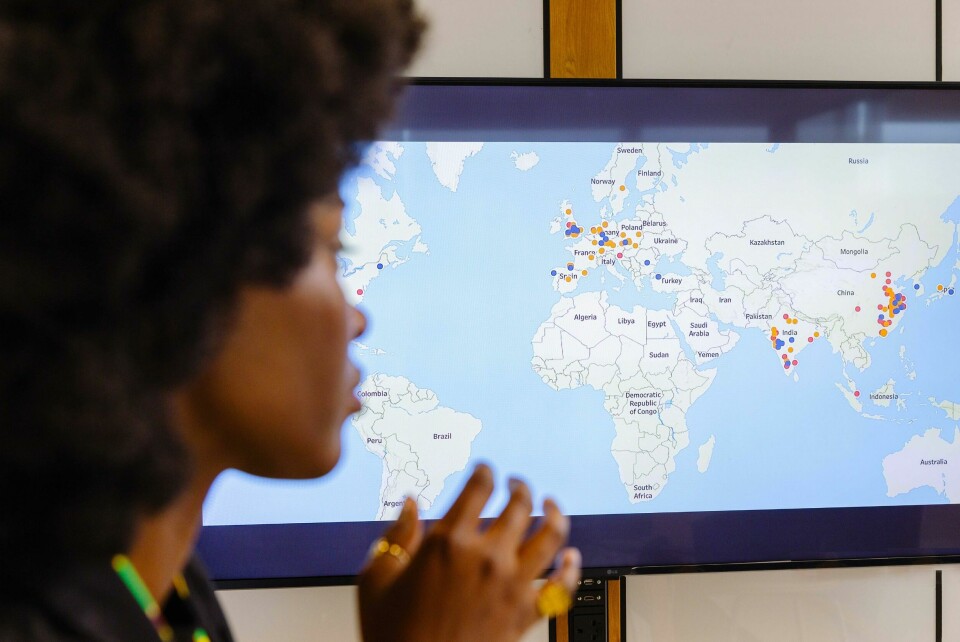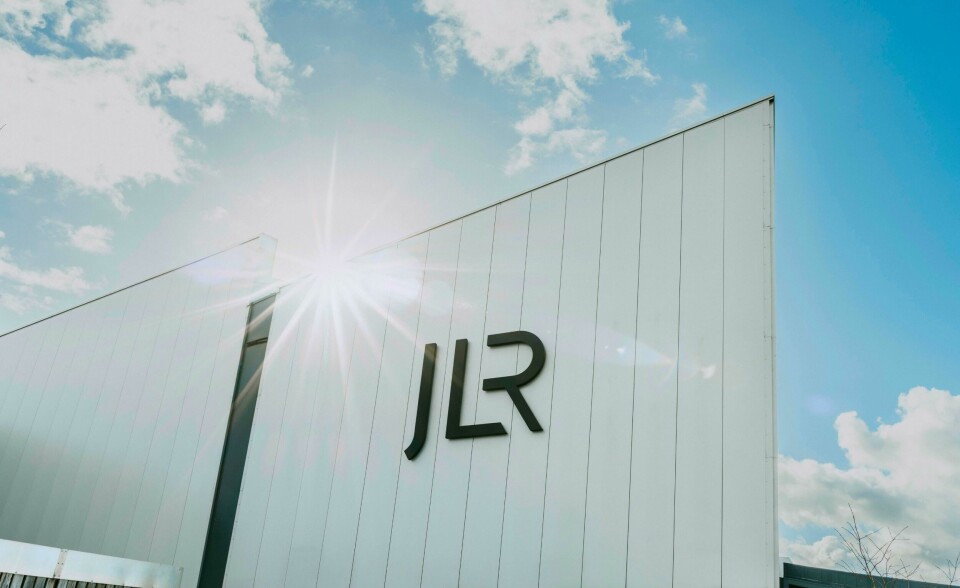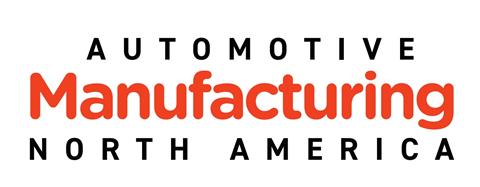EV workforce expansion
JLR deepens electric vehicle manufacturing capabilities with 50 new roles focused on material sourcing, traceability and supply chain risk mitigation
As it transitions to electric vehicle production, JLR has added 50 roles to map material sources, secure battery minerals, and protect manufacturing operations from disruption and compliance risk.

Jaguar Land Rover (JLR) is adding new layers of operational intelligence to its electric vehicle transformation, appointing 50 specialists to trace, secure and validate materials at the core of its manufacturing systems.
The roles are part of JLR’s strategic pivot to pure electric vehicle production by 2030. But while battery chemistry and propulsion platforms typically dominate electrification narratives, the focus here is upstream. These new hires will embed traceability, transparency and risk forecasting into the physical DNA of JLR’s manufacturing model.
Securing material flow for future model lines
Battery electric vehicles depend not only on gigafactories and power electronics, but on a stable supply of globally sourced critical minerals. Lithium, cobalt, nickel, manganese and graphite form the base of modern battery chemistries, but they are sourced from politically sensitive and logistically complex environments. A single break in continuity can halt production.
The 50 new roles are designed to give JLR line-of-sight across its component and material supply chains. This includes mapping material origins, verifying sourcing practices and identifying potential bottlenecks or compliance risks early enough to prevent disruption on the plant floor.
”JLR now invests £20m ($27m) annually in workforce training, reinforcing not just technical readiness but compliance capability. As electric vehicle platforms evolve, and as scrutiny of battery mineral sourcing intensifies, these investments are becoming a fundamental part of manufacturing strategy”
JLR confirmed that these specialists will support the firm’s ability to “foresee and help navigate any threats to supply, with a view to ensuring production is maintained.” They will work in tandem with external partners who conduct on-site audits at mining and processing locations, and will also leverage AI, machine learning and real-time analytics to enable proactive risk modelling.
That capacity is now seen as indispensable. “Long supply chains stretching across multiple borders increase the risk of supply chain stoppages and the automotive sector has in recent times experienced supply chains being fractured including during the Covid-19 pandemic, shipping disruption in the Red Sea and conflicts,” the company stated.
A new layer of manufacturing resilience

The move signals a broader evolution in the role of procurement and supply chain operations in automotive manufacturing. Once focused on cost and delivery, supply chain teams are now at the heart of engineering feasibility, production continuity and brand ethics.
As manufacturers rewire their platforms for electric models, ensuring physical material availability has become inseparable from product development and capacity planning.
Jaspal Gill, now Supply Chain Mapping and Transparency Manager at JLR, transitioned into the new role from a logistics position within the company’s Castle Bromwich facility. He highlighted the operational relevance of this new capability: “In my previous role in JLR’s Industrial Operations, I collaborated with suppliers to support the seamless operation of our production lines.
”In my new role, I work to identify the true source of our parts so we can secure continual supply and uphold the highest supply chain standards. Since joining I’ve trained new team members who bring their own experiences from around the business and a strong willingness to learn new skills and embrace new challenges.”
His colleague Ama Agyewaa Sappor, who also holds the title of Supply Chain Mapping and Transparency Manager, brings a global perspective to the challenge. “I chose to commit my skills to JLR because of its commitment to people and planet; not just profits. Having grown up in Africa, I am passionate about our upstream impact, including ethical sourcing and sustainable end-to-end supply chain operations. It all starts with visibility, and that’s what my team brings to the table, contributing directly to JLR’s efforts to be a truly global citizen.”
”The OEM’s future competitiveness will not rest solely on vehicle design or battery architecture, but on its ability to build a production model that can endure volatility…”
Read more JLR stories
- Making vehicle manufacturing more flexible at JLR and Daimler
- 5G networking: How JLR is building smarter factories
- JLR resumes US exports as automotive tariff risk looms
- A conversation with JLR’s Tomasz Jozwiak: end-to-end asset reuse for EVs
Operational capability meets compliance imperative
While the new roles focus on risk and traceability, they form part of a wider operational effort to embed resilience in JLR’s EV supply chain. The carmaker has also trained over 20,000 employees in supply chain management topics such as modern slavery, export controls and ethical sourcing, positioning its manufacturing ecosystem to meet growing legislative demands in both Europe and international markets.
JLR now invests £20m ($27m) annually in workforce training, reinforcing not just technical readiness but compliance capability. As electric vehicle platforms evolve, and as scrutiny of battery mineral sourcing intensifies, these investments are becoming a fundamental part of manufacturing strategy.
The OEM’s future competitiveness will not rest solely on vehicle design or battery architecture, but on its ability to build a production model that can endure volatility and demonstrate integrity from mine to final assembly.
